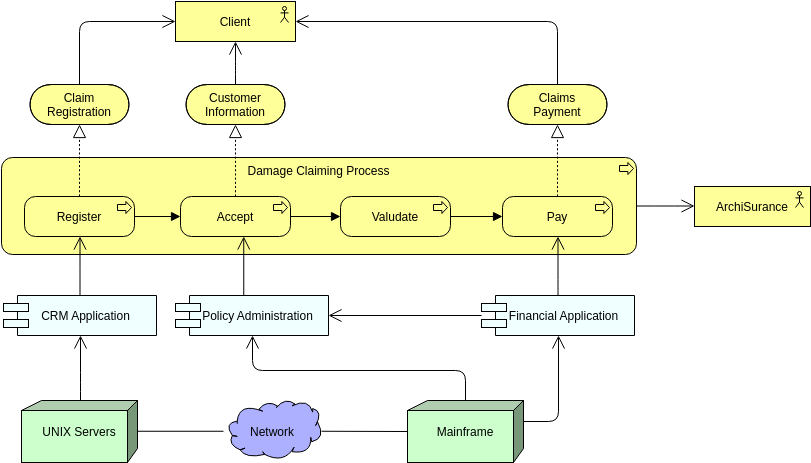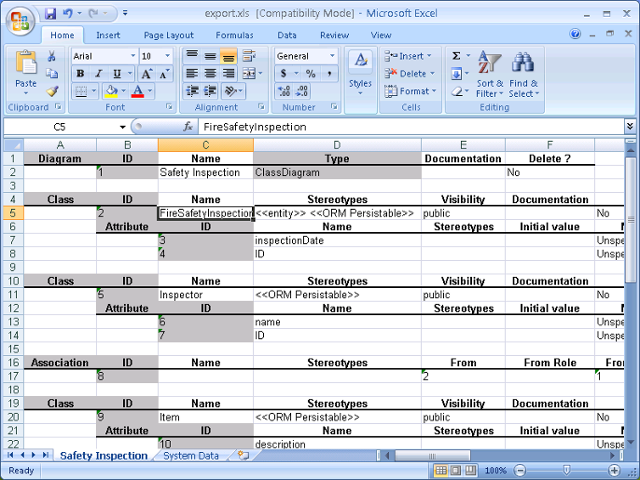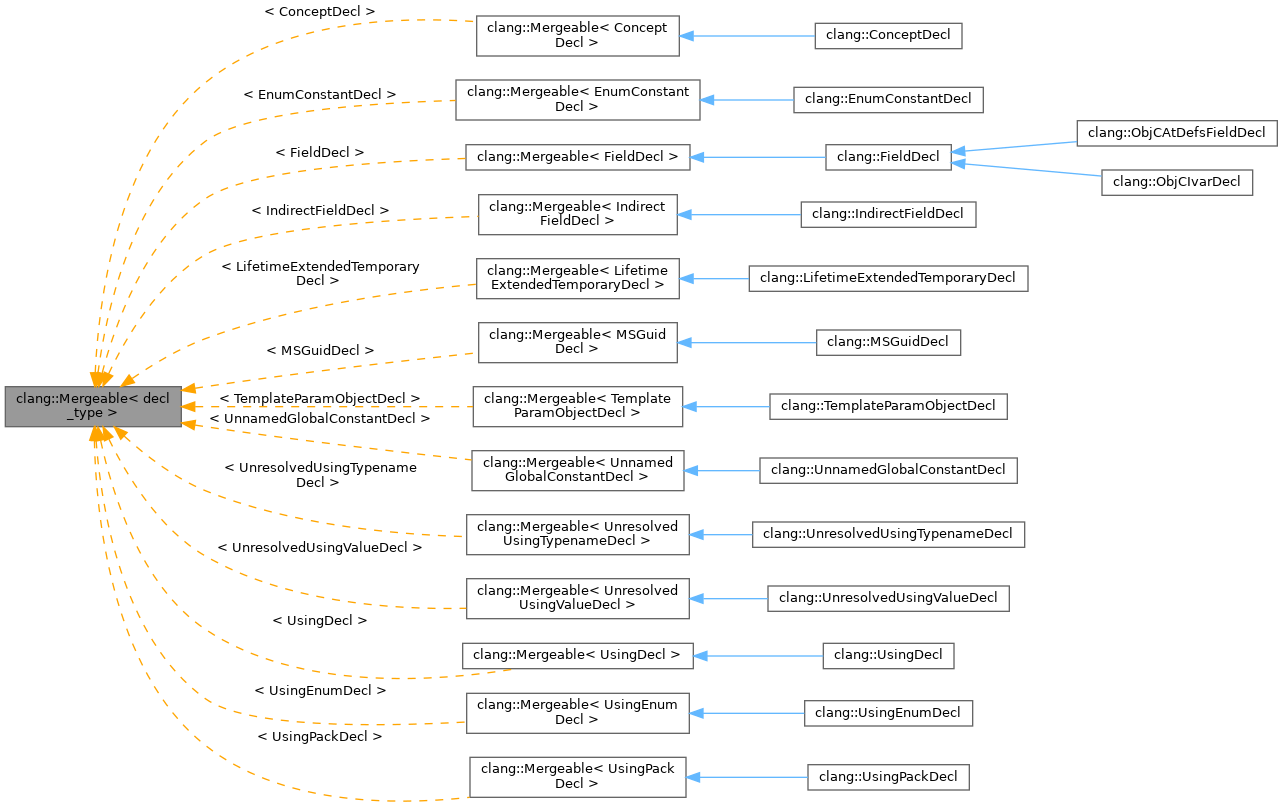Template Specialization Function
Template specialization function - A function with the same name and the same argument list as a specialization is not a specialization (see template overloading in function template). A template type parameter is a placeholder type that is substituted for a type passed in as an argument. A template has multiple types and only some of them need to be specialized. An explicit specialization of a function template is inline only if it is declared with the inline specifier (or defined as deleted), it doesn't matter if the primary template is inline. Template<> void myswap(double a, double b); The specialization itself is still a template on the type pointed to or. This shall be one of the types for which an specialization is provided. Aliased as member type char_traits::char_type. Template specializations the char_traits standard template supports to be instantiated with at least the following character types: The compiler will use the template arguments that you used, in this case, to create the class template when you call a member function of a class template specialization.
Consider the case where you want to design a class that stores 8 objects. With a function template, you can define special behavior for a specific type by providing an explicit specialization (override) of the function template for that type. The result is a template parameterized on the remaining types. A template has only one type, but a specialization is needed for pointer, reference, pointer to member, or function pointer types. The second function template has the same template parameters as the second partial specialization and has just one function parameter whose type is a class template specialization with all the template arguments from the second partial specialization.
Template Specialization In C++ YouTube
Template<> void myswap(double a, double b); The specialization itself is still a template on the type pointed to or. A function with the same name and the same argument list as a specialization is not a specialization (see template overloading in function template).
Class template with multiple parameters in c++ example
A template has only one type, but a specialization is needed for pointer, reference, pointer to member, or function pointer types. The function templates are then ranked as if for function template overloading. Template<> void myswap(double a, double b);
Specialization Relationship Archimate Diagram Template
This shall be one of the types for which an specialization is provided. Consider the case where you want to design a class that stores 8 objects. (public static member function) lt compare characters for inequality (public static.
Business Function Archimate Diagram Template
However, template type parameters are not the only type of template parameters available. A template type parameter is a placeholder type that is substituted for a type passed in as an argument. The result is a template parameterized on the remaining types.
Association Matrix Template Excel flow chart
This declaration enables you to define a different function for double variables. Template<> void myswap(double a, double b); Template specializations the char_traits standard template supports to be instantiated with at least the following character types:
clang clangMergeable Class Template Reference
Aliased as member type char_traits::char_type. With a function template, you can define special behavior for a specific type by providing an explicit specialization (override) of the function template for that type. Template<> void myswap(double a, double b);
PPT Microscopic images and Cell Specialization PowerPoint
The compiler will use the template arguments that you used, in this case, to create the class template when you call a member function of a class template specialization. (public static member function) lt compare characters for inequality (public static. Default function arguments cannot be.
Brain Left And Right Hemispheres Infographics Vector Illustration Stock
(public static member function) lt compare characters for inequality (public static. Consider the case where you want to design a class that stores 8 objects. The result is a template parameterized on the remaining types.
The specialization itself is still a template on the type pointed to or. This shall be one of the types for which an specialization is provided. The compiler will use the template arguments that you used, in this case, to create the class template when you call a member function of a class template specialization. A template has only one type, but a specialization is needed for pointer, reference, pointer to member, or function pointer types. Consider the case where you want to design a class that stores 8 objects. Template<> void myswap(double a, double b); Now, alternatively, it is also possible for the template member function to be defined independently of the declaration of its class template. With a function template, you can define special behavior for a specific type by providing an explicit specialization (override) of the function template for that type. Sometimes, the programmer may decide to implement a special version of a function (or class) for a given set of template type arguments which is called an explicit specialization. However, template type parameters are not the only type of template parameters available.
Aliased as member type char_traits::char_type. The function templates are then ranked as if for function template overloading. Template specializations the char_traits standard template supports to be instantiated with at least the following character types: The result is a template parameterized on the remaining types. (public static member function) lt compare characters for inequality (public static. This declaration enables you to define a different function for double variables. The second function template has the same template parameters as the second partial specialization and has just one function parameter whose type is a class template specialization with all the template arguments from the second partial specialization. A template type parameter is a placeholder type that is substituted for a type passed in as an argument. An explicit specialization of a function template is inline only if it is declared with the inline specifier (or defined as deleted), it doesn't matter if the primary template is inline. In this way certain template types can have a specialized implementation that is optimized for the type or a more meaningful.
Default function arguments cannot be. A template has multiple types and only some of them need to be specialized. A function with the same name and the same argument list as a specialization is not a specialization (see template overloading in function template).







